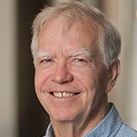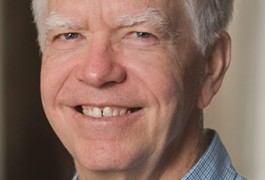Director’s column: 2013 in review
The past half-decade has seen dramatic advances in our understanding of the complexity of genomic variation in autism. Several papers published this year increase our knowledge of relevant genetic variation and indicate where in the brain these variants alter brain function to cause autism-like behaviors, says Louis F. Reichardt.

